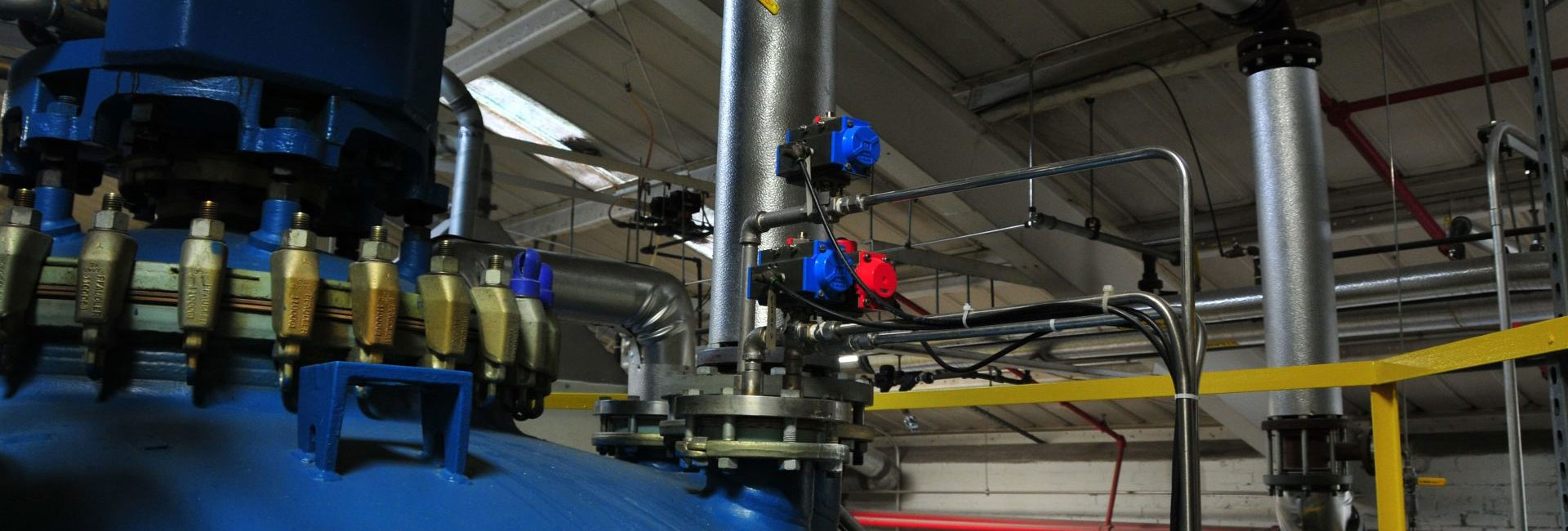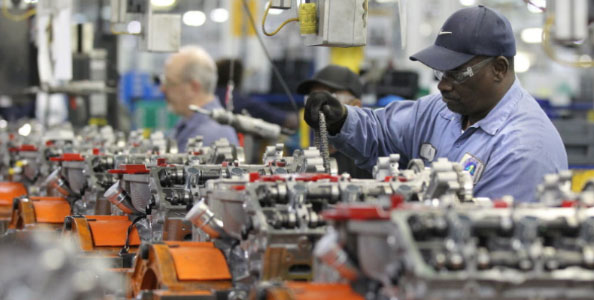
What is
Bio-Diesel?
Bio-diesel is one form of biodegradable and renewable diesel fuel. It gets extracted from vegetable oil, animal oils, waste cooking oil and animal fat known as tallow. Bio-diesel contains no petroleum, but it can be blended at any level with petroleum diesel to create a bio-diesel blend or can be used in its pure form. Just like petroleum diesel, it can be used in standard diesel engines with negligible or no modifications because Bio-diesel has properties similar to petroleum diesel fuel.
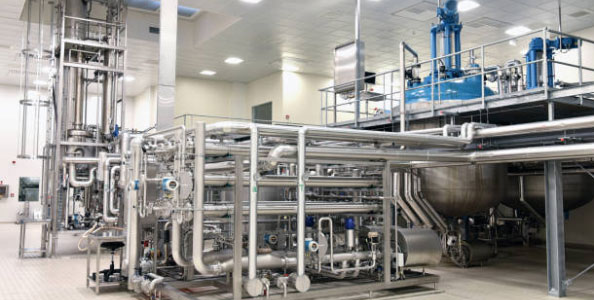
Bio-diesel is a compatible with almost all regular engines. The emission levels of greenhouse gases like carbon dioxide are very low as compared to the accepted practice of petroleum diesel. Biodiesel reduces the net emission of carbon dioxide by at most 78.45 %. Its higher cetane number improves the ignition quality even when blended in the petroleum fuel. Its more safer to handle as compared to petroleum diesel and is bio degradable.
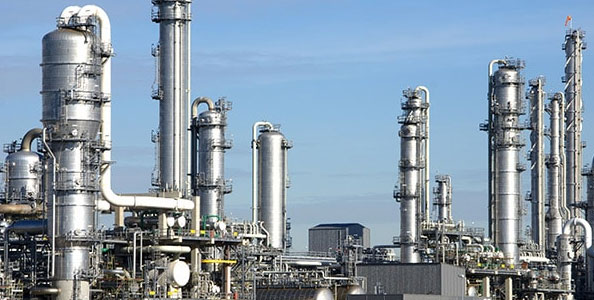
What is Future of Bio-diesel?
Government of India has, in last decade, taken major steps to increase the manufacturing and use of bio-diesel ( substitute of high speed diesel). Ex-president Dr Abdul Kalam was one of the strongest advocators of crop cultivation for producing bio diesel. Government has set a target to reduce the import of crude oil by 20% by year 2022 in which bio diesel will be the major contributor.

Biogreen Projects Pvt Ltd : Retail outlet process
- Submittingdocuments to Biogreen Projects Pvt Ltd team.
- Verification of documents by Biogreen Projects Pvt Ltd.
- Agreement and letter of authority from Biogreen Projects Pvt Ltd.
- Layout of the detailed outlet.
- Submission of documents for NOC.
- NOC approval and construction of pump.
- Commence selling of bio diesel fuel

The Bio Diesel is such a fuel that causes no harm to the environment and is even safe to burn. Yes, this is the reality. It’s an alternative fuel similar to petrol and fossil diesel. It is an advance form of Biofuel that is purely produced from an animal or vegetable fat based renewable fuel. To mention, even used cooking oil (UCO) is effectively used to produce biofuel and is a great use for the diesel vehicles at large. Biodiesel is not only biodegradable or nontoxic but it also produces fewer pollutants when burnt completely. Using it in pure form (B100) or even when blended with petroleum diesel, Biofuel is a great way to be used. The most common blend includes B2 (2% biodiesel & 98% diesel). Some more blends of it are B5 (5% biodiesel & 95% petrodiesel) followed by the B20 (20% biodiesel & 80% petrodiesel).
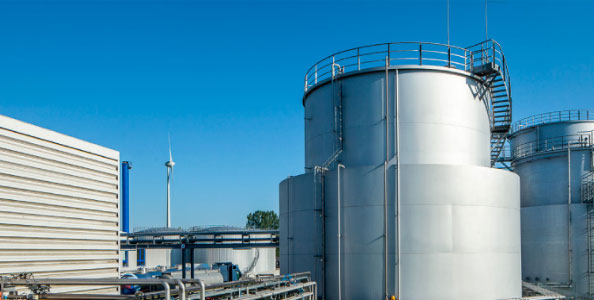
It is to be noted that Delhi and Gurugram together consumes 16,99,000 tons of diesel per year. It is estimated that if 5% of biodiesel is blended with petroleum diesel, that makes an estimate of 84,950 tons of diesels that can be saved per year. In India, let’s take Delhi – NCR the population is 4.7 crores. This makes per person usage of edible oil in India to be 14.4 kg per year and therefore the total consumption of oil in Delhi – NCR itself is around 6,76,800 tons per year counted as quite a huge number. If we consider only 10% of this as waste, the potential collection of UCO will be around 67,680 tons per year.
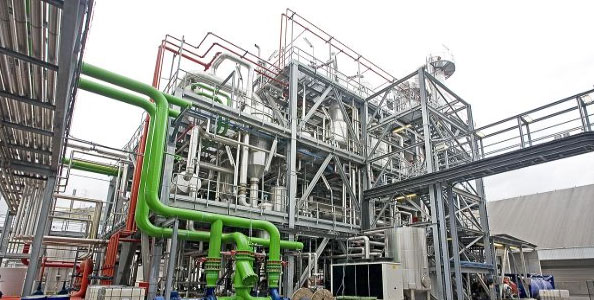
20% blending of ethanol in petrol has been approved by the government and 5% blending of biodiesel in diesel is proposed by 2030. The Food Safety and Standards Authority of India (FSSAI) launched RUCO on the World Biofuel Day. Repurpose Used Cooking Oil is therefore a new form. It has formed an ecosystem that will enable the collection and conversion of used cooking oil to biodiesel.
The Policy aims to increase usage of biofuels in the energy and transportation sectors of the country during the coming decade. The various efforts by the government to solve the transportation and mobility solutions have not worked well so far. It’s the biodiesel which can work as an effective and great alternative for the country. And, this will also help India to meet its global climate commitments.

